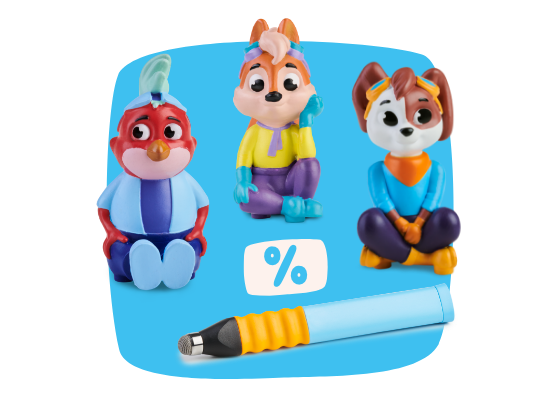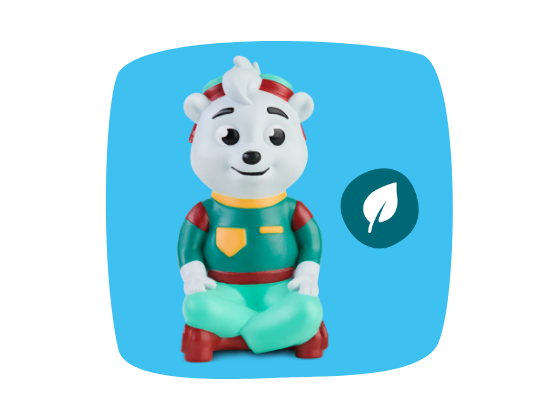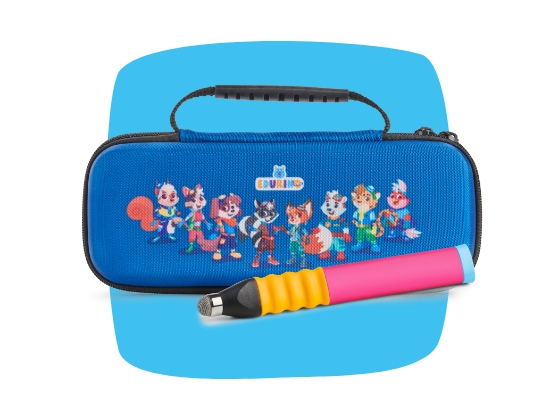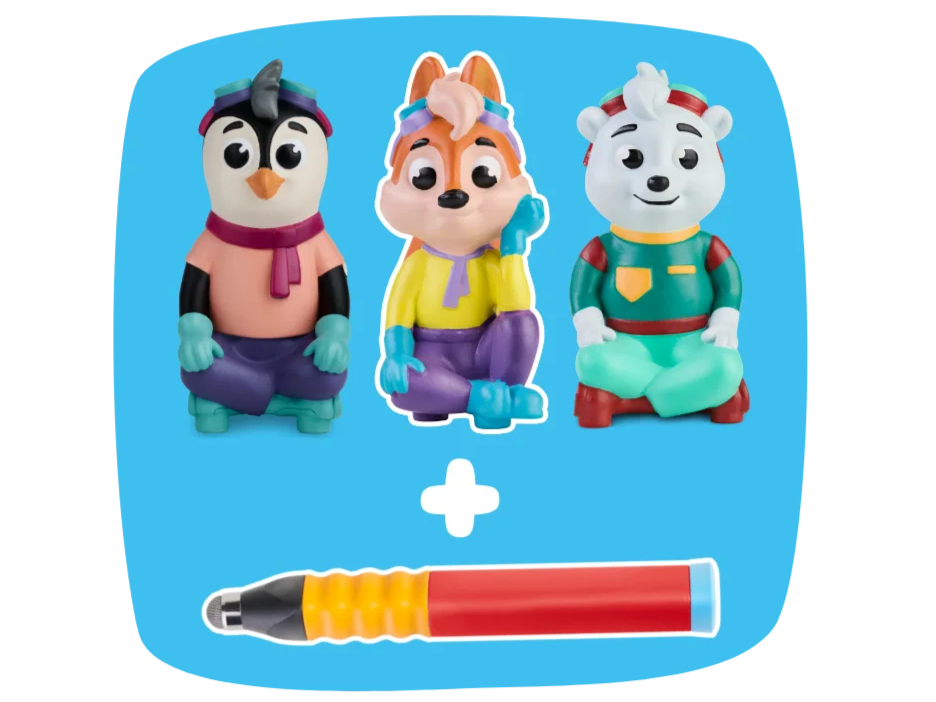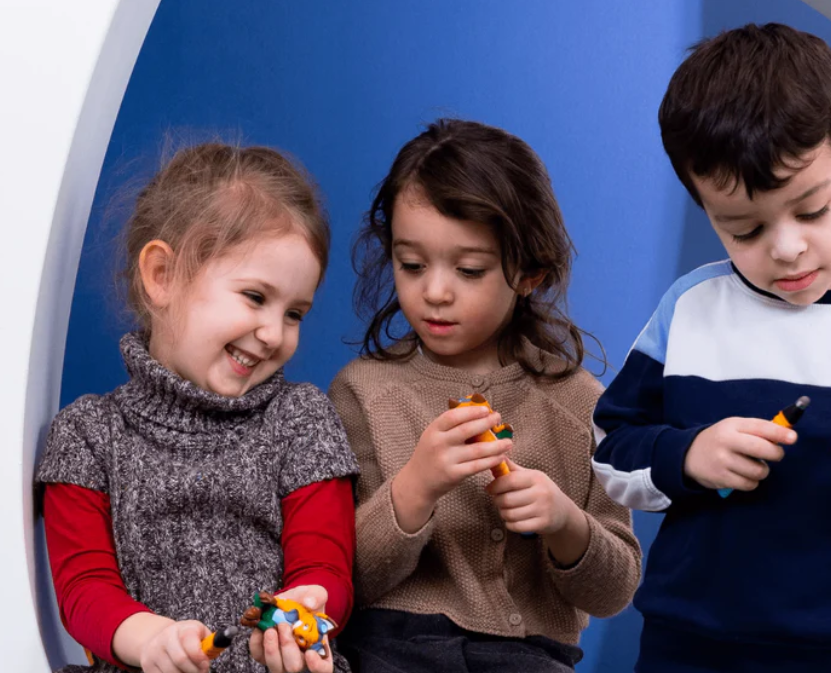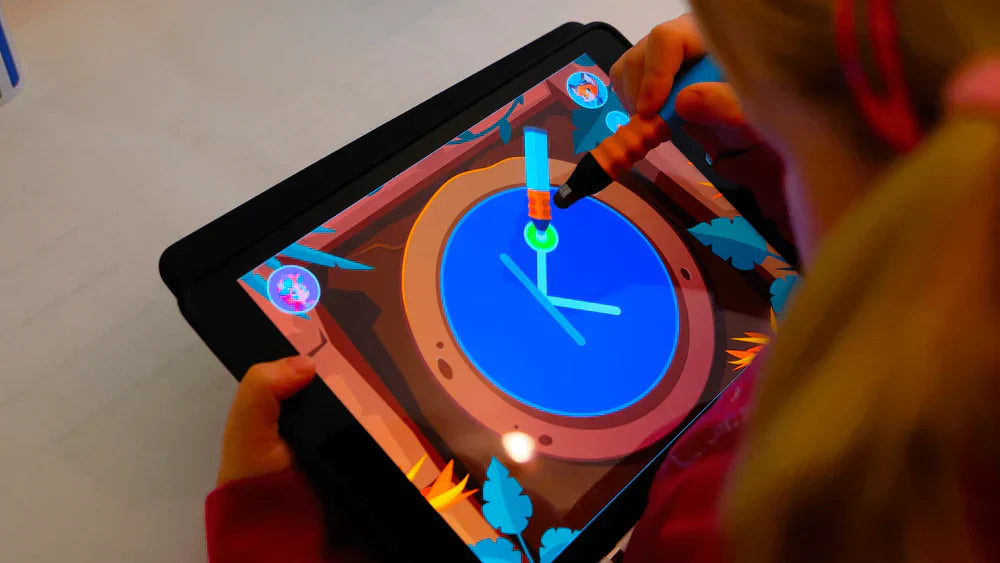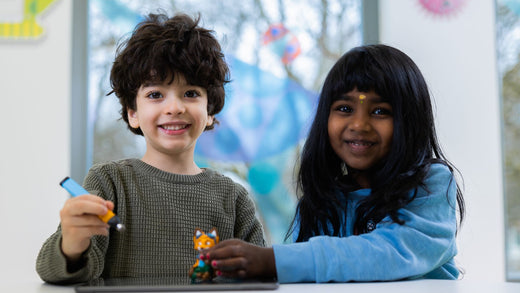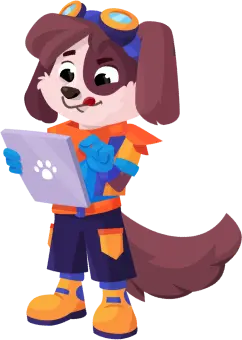Education in the future
The 21st century is characterized by rapid technological change, which also requires a rethinking of education. What significance does knowledge have these days when everything can be instantly searched for on Google? It's about classifying this knowledge, questioning it, and assessing its impact on society.
"Success in education today means not only language, mathematics, or history, but also identity, agency, and meaningfulness. It's about awakening curiosity and a thirst for knowledge, opening the mind to new things." ( OECD Learning Compass 2030 , p. 6)
But how can we educate children to think independently and shape their environment responsibly and with empathy? The answer is 4C, which stands for four core competencies that will be in demand in the future (Hosang 2020).
Four core competencies that prepare children for the future
How do I recognize fake news or heavily edited images on Instagram? While our parents used to simply turn on the news to find out about the state of the world, younger generations are exposed to a daily flood of information that they have to classify and evaluate. For children to develop a healthy self-esteem, it's important that they can critically examine images on social media and check their veracity.
creativity
Being creative doesn't just mean being good at drawing or crafting. It also means being able to solve problems independently and think outside the box. In the future, it will be important to connect ideas and disciplines that were previously unrelated. Furthermore, machines will take over routine and repetitive tasks previously performed by humans. This is another reason why creativity is so important: It's a uniquely human quality that a computer can't easily replace.
communication
The foundation for communication is reading, writing, and arithmetic, which will continue to be among the fundamental skills children will need in the future. However, our world is more interconnected than ever; people from different social backgrounds and cultures work together across national borders to solve problems together. Therefore, it is important that even children learn to listen to others, to represent their point of view in discussions, and to remain open to other opinions.
collaboration
To advance innovative ideas, people with diverse skills and experiences must work together as a team. It will be important to develop a deep understanding of how others think and to approach them with empathy. Only then can a team collaborate on equal terms.
The ability to collaborate develops as early as kindergarten, when children build sandcastles together or take care of their dolls together. Working on a task together strengthens team spirit and fulfills the natural need to be part of a bigger picture.
How do I teach my child these skills?
No one knows exactly what computers will be capable of in the coming years and how much human labor they will replace. Therefore, it's too early to prepare your child for the changing working conditions brought about by technological innovations.
However, you can strengthen the four core competencies by encouraging your child to
- To question things critically,
- to find creative solutions to problems,
- to communicate respectfully with others,
- and value collaboration with others.
